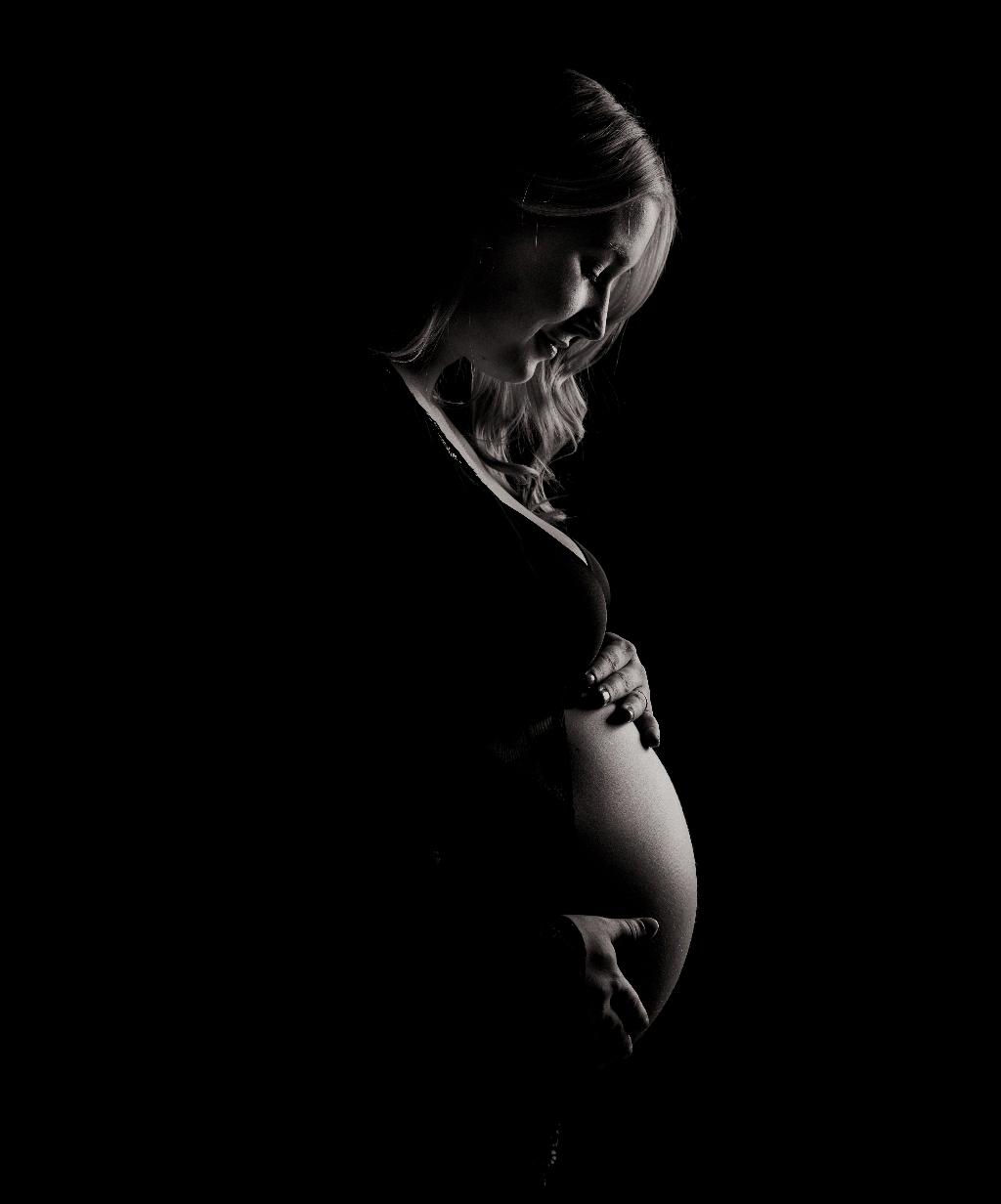During pregnancy, the female body undergoes a myriad of changes to support the growth and development of the fetus. One of the key aspects of this transformation is the fluctuations in hormone levels that occur over the nine months. These hormonal changes play a crucial role in preparing the body for childbirth and ensuring the well-being of both the mother and the baby.
Estrogen Levels During Pregnancy
One of the primary hormones that increase significantly during pregnancy is estrogen. Maternal blood estrogen levels rise steadily throughout pregnancy, regardless of the fetus’s gender. Interestingly, female fetuses exhibit a higher concentration of estrogen in the amniotic fluid early in the second trimester.
Progesterone: The Pregnancy Hormone
Progesterone is another hormone that plays a vital role in maintaining a healthy pregnancy. This hormone is produced by the ovaries and later by the placenta, ensuring proper development of the uterine lining and preventing it from shedding during the pregnancy.
Human Chorionic Gonadotropin (hCG)
Human Chorionic Gonadotropin, commonly known as hCG, is a hormone produced by the cells that form the placenta. This hormone is crucial for maintaining the production of estrogen and progesterone during the early stages of pregnancy. It is also the hormone detected in pregnancy tests.
Prolactin and Oxytocin: Hormones for Labor and Breastfeeding
Prolactin and oxytocin are two hormones that come into play towards the end of pregnancy and during childbirth. Prolactin helps prepare the breasts for lactation, while oxytocin triggers contractions during labor and supports breastfeeding by promoting milk ejection.
Thyroid Hormones and Pregnancy
The thyroid gland also experiences changes during pregnancy, with an increase in the production of thyroid hormones to support the metabolic needs of the mother and the developing baby. Thyroid hormones play a vital role in the growth and development of the fetus’s brain and nervous system.
Cortisol: The Stress Hormone
Cortisol, often referred to as the stress hormone, also undergoes alterations during pregnancy. The body adapts to manage stress differently during this period, with cortisol levels fluctuating to support the mother and the baby’s needs.
Insulin and Blood Sugar Regulation
Insulin sensitivity changes during pregnancy, with the body becoming more resistant to insulin to ensure an adequate supply of glucose to the fetus. This adjustment helps maintain stable blood sugar levels for both the mother and the developing baby.
Relaxin and Pregnancy
Relaxin is a hormone that helps prepare the body for childbirth by relaxing the ligaments in the pelvis to facilitate labor and delivery. This hormone assists in widening the birth canal and allowing for a smoother passage of the baby during birth.
Conclusion
In conclusion, pregnancy brings about a complex interplay of hormones that orchestrate the various physiological changes needed to support the mother and the growing fetus. Understanding these hormonal fluctuations is crucial for ensuring a healthy pregnancy and successful childbirth.

